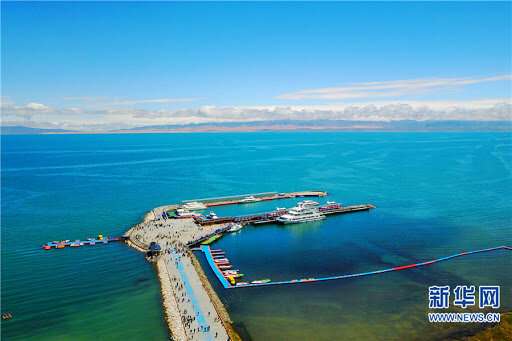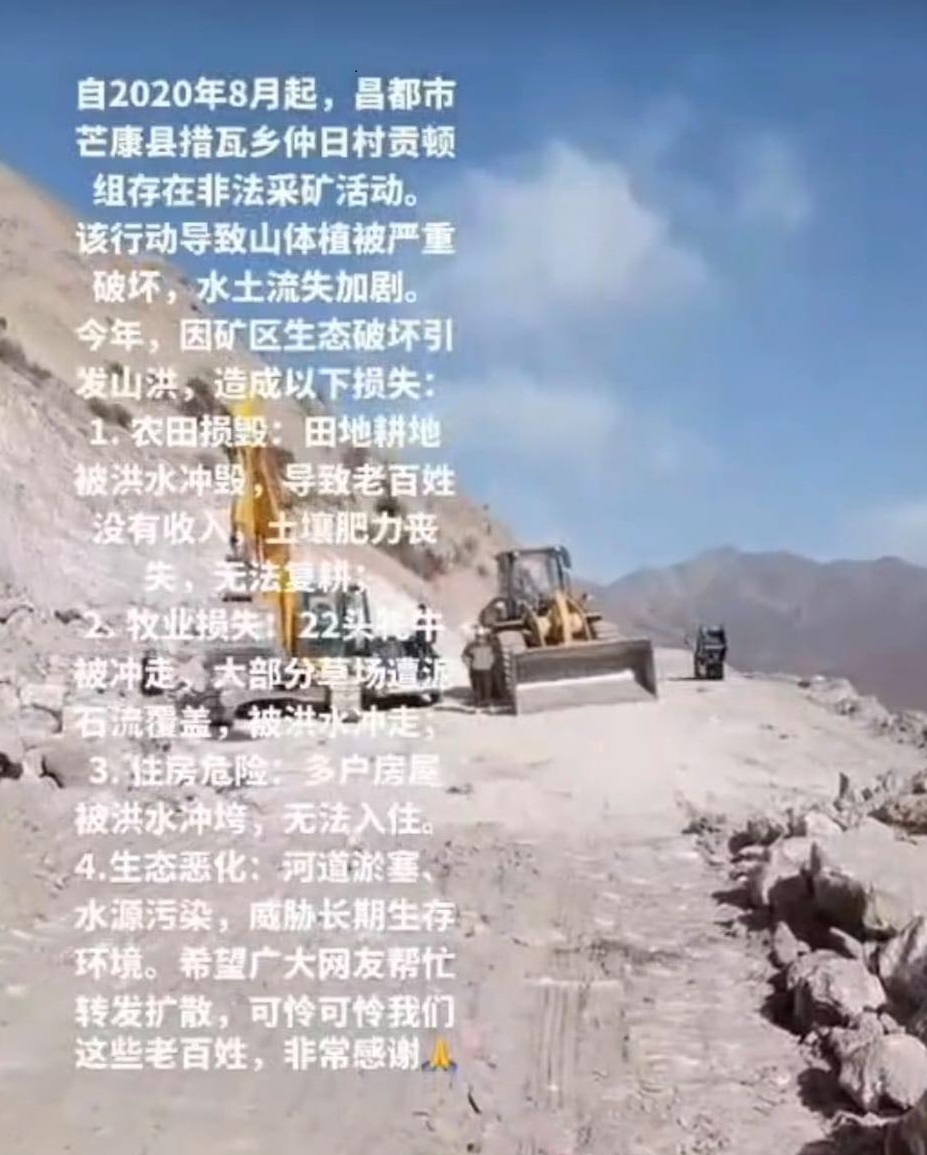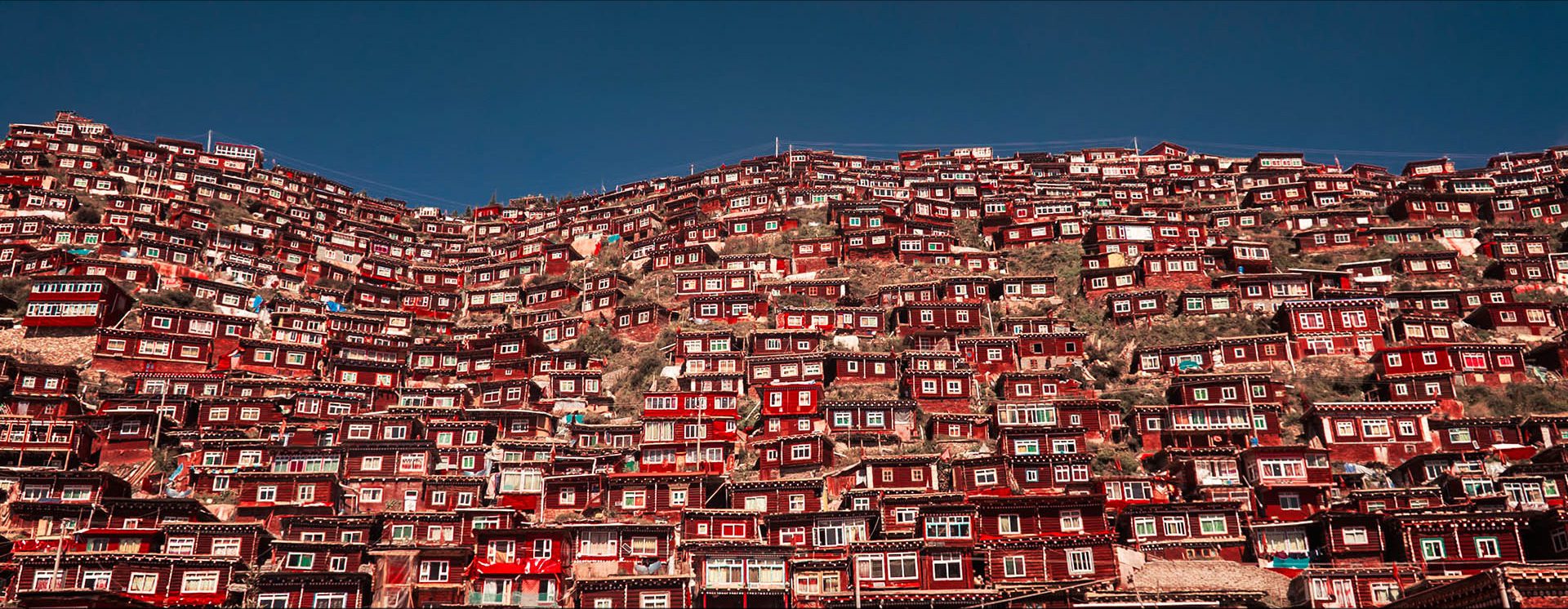
The national park is being constructed in the hopes of boosting tourism.

Qinghai Lake
China has yet again launched a massive project to enhance tourism on Tso Ngonpo, otherwise known as Qinghai Lake.
This three-year project claims to beautify the lake.
This project on Tso Ngonpo was discussed and agreed upon in 2019. Provincial authorities announced that the mission of the construction of this national park is to create a scenic landscape, and to uplift the livelihood of the locals from the profits generated from the potential tourism boom. Improvement of the livelihood of local farmers and artisans was promised when the initial discussions were held.
However, there are concerns about the negative effects that this project, and the desired tourism, could have on local Tibetan communities.
In 2017, the Chinese government sought UNESCO World Heritage status for a vast area in Tibet of lakes, wetlands and wildlife, at a meeting of the World Heritage Committee in Krakow, Poland. The plans faced a backlash from Tibet groups because they required the removal and exclusion of Tibetan nomads from their pastures. They also threatened to erode protection of this fragile river source since the nomads inhabiting the area had traditionally protected the landscape and its wildlife. The Chinese government strategically labels areas that have been inhabited by herders and nomads as “no-man’s land” in many cases.
Evidently, there appears to be a trend of the Chinese government marketing a romanticised version of Tibet for tourism to both Chinese tourists and other foreigners. The financial value of Tibetan culture and natural environment has made it a particularly profitable sector for the Chinese government. Tourism into Tibet also works as an effective method of propaganda for the Chinese government.
However, under occupation, Tibetans themselves have little say in how their country is portrayed and gain little of tourism’s financial benefits. For example, international hotel chain, Intercontinental, opened a much criticised luxury hotel in Lhasa in September 2014 and claimed to anticipate employing only around 40% Tibetan staff.
The ability of millions of Chinese tourists being able to gain entry into Tibet sharply contrasts with the heavily restricted travel rules for Tibetans; police checkpoints monitor movement and permits are required to visit sensitive religious areas, including the capital Lhasa. Tibetans also have no automatic right to a Chinese passport, making international travel difficult and often impossible.






